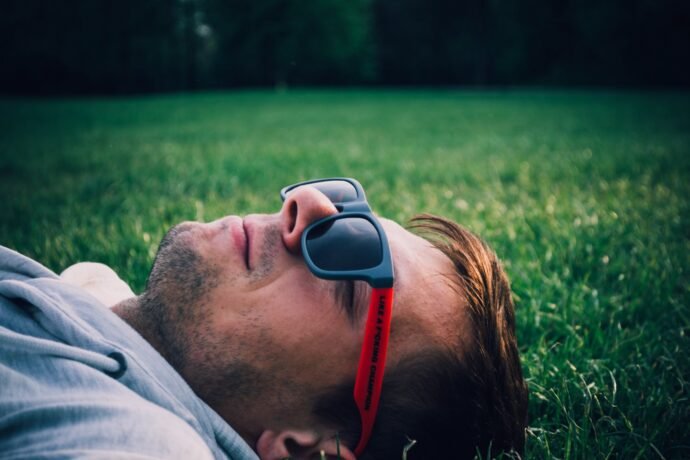Men and women respond in different ways to a lack of sleep
Are you like me and never really sleep as much as you should? I spoke to my GP about this, as I recently took a blood test to uncover if my anemia was the culprit of my lethargy. But, after viewing my blood, she asked me the golden question — How much sleep are you getting? That conversation helped me realise that I prioritised my exercise goals above precious sleep. Come to think of it, I was putting my writing, work, study and exercise plans above and beyond rest. But sleep helps increase my capacity to do the things I love — to a greater extent. We all understand this in theory, but sacrificing an hour or so of sleep isn’t that bad. But, according to my GP, it can cause disturbances in our bodies that can lead to anemia. This just scratches the surface of what sleep deprivation can do to us. A study conducted with 27 average weight, 30–45-year-old men and women tracked sleep duration, glucose dysregulation and hormonal regulation of appetite. These participants provided researchers with fasting blood draws and were studied under the following two sleep conditions:
- Short (four hours)
- Habitual (nine hours)
The surprising finding from this study is that shorter sleep increased total ghrelin levels in men but not women. Shorter sleep reduced GLP-1 levels in women but not in men. These kinds of findings have not been reported before. When it comes to appetite during shorter sleep, the key takeaway is an increase in appetite for men but reduced feelings of fullness in women. If you were wondering, GLP-1 increases the feeling of fullness during and between meals by activating appetite centres in the brain and slowing down the stomach’s emptying. “Restricting sleep in healthy, normal-weight participants has limited effects on metabolic risk factors and may affect food intake regulating hormones differently in men and women. However, we are surprised by the lack of a significant effect sleep has on insulin, leptin, and sex differences in the hunger-stimulating hormone ghrelin and the satiety hormone GLP-1.” So says Marie Pierre St Onge, PhD, FAHA -the studies principal investigator.
Key takeaways
The obvious takeaway is to sleep longer than 4–5 hours a night. But what about during moments when you can’t go because of many factors. In that case, I urge you to do the following:
- Exercise, because exercise itself reduces appetite & increases energy
- Keep hydrated — drinking water will help keep your stomach full, decrease appetite and give you an energy spurt.
- Eat protein, veggies and fat — but limit carbs. When I am sleepy, carbs increase my need to sleep even more!
- Keep taking a probiotic every single day.
- Drink coffee, but don’t drink too much
- Make it a priority to get a bit more sleep the following nights to make up for a day or two.
Sleep is such a hit-and-miss factor in our lives. I, too, suffer from sleep deprivation and exercise as well as being very active, helps me to counter effect those instances when my energy begins to lag. So try to balance sleep deprivation and sleep as much as you can. If you want to read more about this study, please check out this link.
Please sign up via my link if you want to read more articles like this or start writing your own. I’d love to see you on the other side. ???????? Sign up here for your medium subscription. I get a portion of your monthly fee at no extra cost to you, and it will go a long way in supporting me as a writer.
If you want to express gratitude with coffee, send the love via this link.
